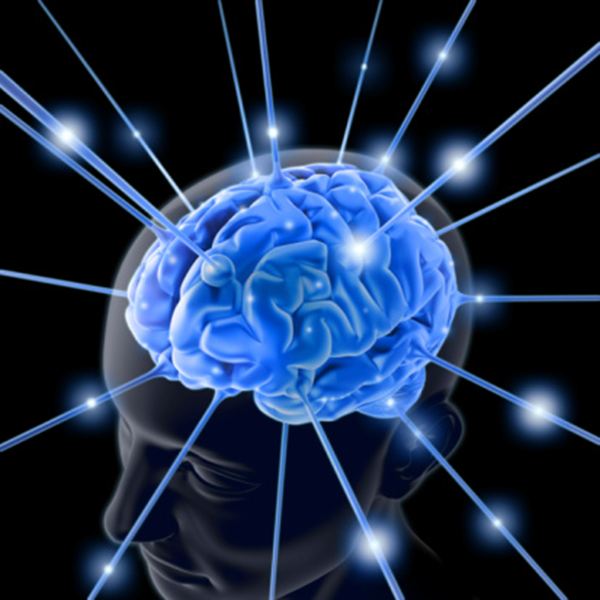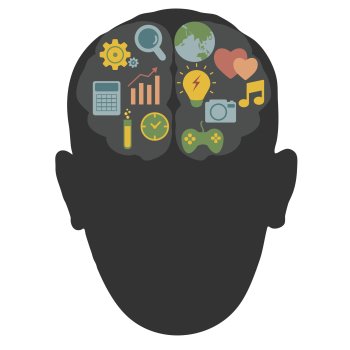Jean Piaget was one of the drivers of the behavioral paradigm during the twentieth century, who was responsible for laying the foundations of a cognitive approach to the relationship between the human mind and its way of interacting with the world.

Some time later Gardner arrived – and along with him to change the constructivist paradigm – to create a theory that explained how people develop some “intelligences” more than others.
The theory of multiple intelligences -finally constituting 9 intelligences- is based on the fact that there are not only different kinds of learning processes, but that they do not necessarily have a direct and proportional relationship. All types of intelligences are being affected at some point by information technologies.
1) Space intelligence
It is the intelligence that allows us to interact and understand the spatial and / or three-dimensional environment.
2) Linguistic intelligence
The one of our different languages, of the words. It is not limited to the verbal but to the ability to communicate.
3) Logical-mathematical intelligence
The relationship between logic and mathematics maintains a direct and interdependent link with machines. We make them in our image and likeness and adapt to them. It has to do with the analytical and reasoning capacity.
4) Kinetic-spatial intelligence
It is the intelligence of our body, its movements and its gravitational conquests.
5) Musical Intelligence
Just as there is visual intelligence, musical intelligence has to do with the ability to express, transfer, listen and appreciate music, as well as compose or interpret it.
6) Interpersonal intelligence
It is the intelligence of our internal processes to relate to others. It has to do with your ability to understand others and what happens to another individual at a particular time or circumstance.
7) Intrapersonal intelligence
This intelligence is not about the “other”, but about oneself, the inward dialogue. It has to do with our ability to recognize who we are and what we really want, without cheating or without the interference of emotions.
8) Naturalist or environmental intelligence
The one that gives attention to our natural environment. This type of intelligence is related to the ability to observe and reflect on what happens in our environment.
9) Existential intelligence
It has to do with the search for transcendence, for distant and not close ends.














